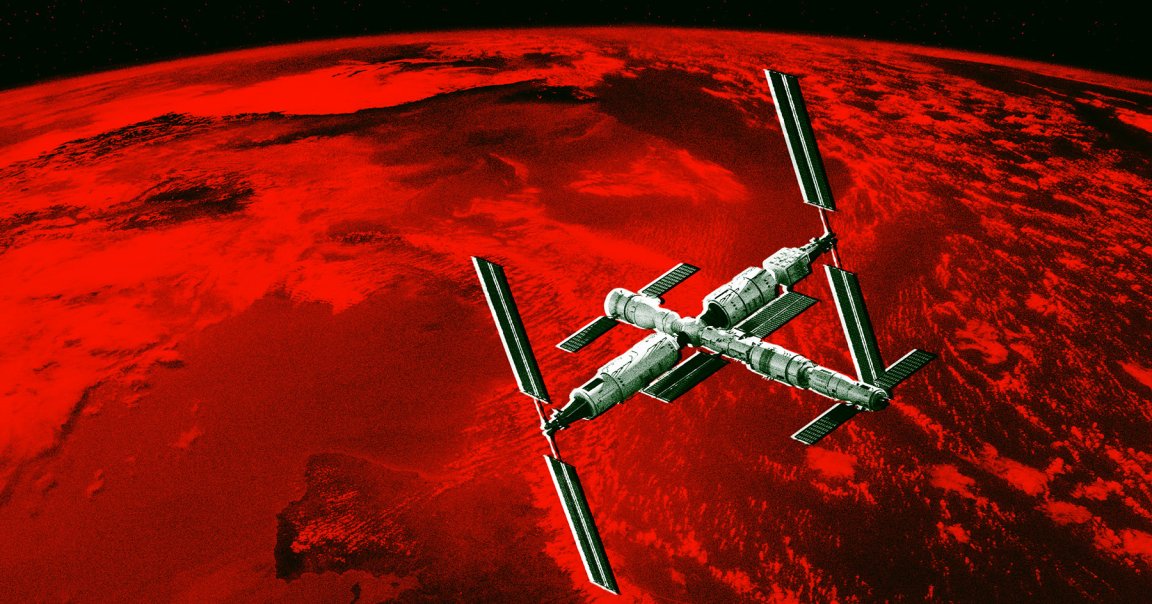
New Cousins
Samples taken from China’s Tiangong space station contained a new, mysterious microbe that hasn’t been seen on Earth, a recent paper published in the International Journal of Systematic and Evolutionary Microbiology revealed.
The microbe, named Niallia tiangongensis — it was named after the space station — is a never-before-seen strain of an earthborne bacteria specially adapted to off-planet life.
According to the research, which was conducted by a team of scientists from the Shenzhou Space Biotechnology Group and the Beijing Institute of Spacecraft System Engineering, the new microbe has evolved to withstand oxidative stress and heal from radiation damage. It can also, as Science Alert points out, use gelatin as a source of nitrogen and carbon to build itself a protective shield against environmental stressors.
It’s unclear whether the bacteria pose any threat to astronauts onboard the space station, and their related strains are generally considered unpathogenic. Though, as Science Alert notes, one of its Earthly cousins is known to cause sepsis in immunocompromised patients.
But if the microbe could stand to cause any harm, its recovery and analysis could help researchers on Earth better equip spacefarers to stay healthy, safe, and protected during their trips beyond our atmosphere.
“Understanding the characteristics of microbes during long-term space missions is essential for safeguarding the health of astronauts and maintaining the functionality of spacecraft,” the researchers wrote in the paper.
Orbital Microbes
The new species is a cousin of the rod-shaped, spore-forming bacterium Niallia circulans, commonly found in soil and sewage. The samples studied by Chinese researchers were first collected back in 2023 by the crew of the Shenzhou-15 mission, whose research contributions also include playing ping-pong in space.
This isn’t the first time that space-adapted microbes have been discovered aboard humanity’s space stations. Last year, for instance, a NASA study revealed that researchers from its esteemed Jet Propulsion Lab had found that specimens of the drug-resistant bacteria Enterobacter bugandensis had mutated into never-before-seen alien strains, which were adapted not only to help themselves better withstand conditions of space, but had even evolved to help other microbial life do the same.
“Any microorganisms introduced to these areas,” NASA said in a press release at the time, “must adapt to thrive.”
More on spacefaring bacteria: Mutant Bacteria Discovered Aboard International Space Station